Posted on 6/29/2023
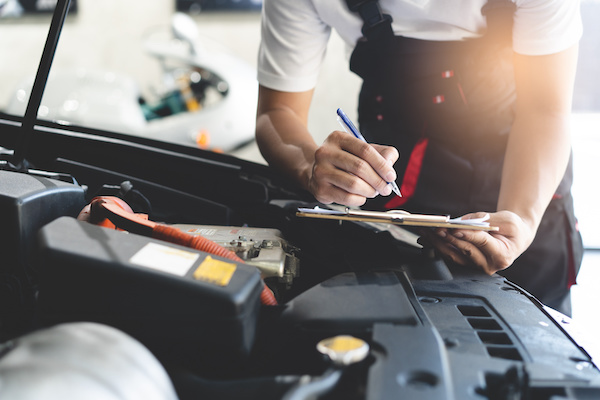
Regular vehicle inspections are a crucial aspect of responsible car ownership. They ensure that your vehicle remains safe, reliable, and compliant with legal requirements. However, determining the frequency of inspections can be confusing, as it depends on various factors such as vehicle age, usage, and local regulations. While we can't give you an exact answer because it depends on a couple of factors, we can provide you with general guidelines - here is our advice: Manufacturer Recommendations The first point of reference for determining inspection intervals is the manufacturer's recommendations. Consult your vehicle's owner's manual for specific guidelines provided by the manufacturer. These guidelines typically outline the recommended maintenance schedule, including inspections, based on mileage or time intervals. Adhering to these recommendations ensures that your vehicle receives the necessary attention at appropriate intervals. Annual Safety Inspections Many ... read more
Posted on 5/30/2023
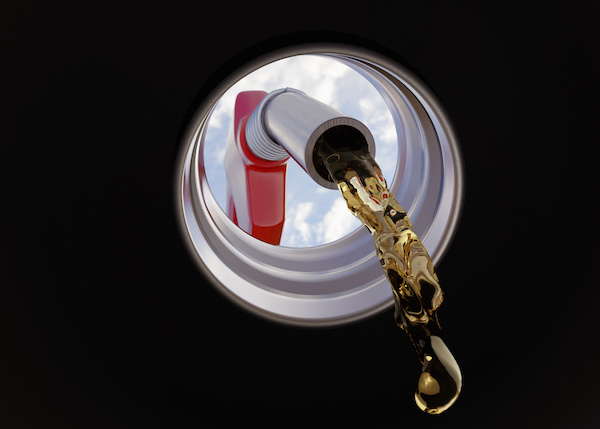
Running out of gas can be a frustrating or even frightening experience for any driver, especially if you're in the middle of nowhere with no gas station in sight. While most drivers know they should never let their gas tank run completely dry, it can still happen. So, what do you do when your car is entirely out of gas? Here are some tips to help you handle the situation. First and foremost, it's essential to stay calm. Panicking won't help the situation and may even make it worse. Take a deep breath and assess the circumstances. Are you stranded on the side of the road, or are you in a parking lot or driveway? Is leaving your car and looking for gas safe, or should you stay put until help arrives? Whatever you decide, trust your instincts. If you are in a safe area, such as a parking lot or driveway, you can get some gas from a nearby gas station or from a friend or family member. You can use a gas can or any other container that's approved for storing gasoline. Make ... read more
Posted on 4/29/2023
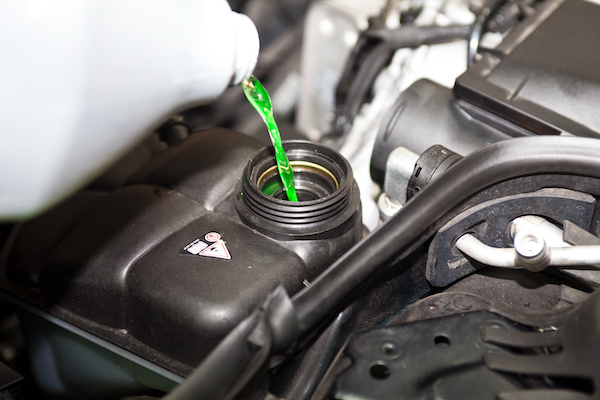
If you own a vehicle, knowing the difference between coolant and antifreeze is a must. These terminologies are often used interchangeably but are different. While both play a vital role in your car's cooling system, they are two different things. Knowing the difference between the two things can make your trip to your local's auto parts store easier. Coolant Coolant is a liquid that circulates through the engine to remove excess heat generated during combustion. It also lubricates the water pump and prevents rust and corrosion from forming inside the engine. Antifreeze Antifreeze is a type of coolant that is specifically designed to protect the engine from extreme temperatures. It contains a mixture of water and ethylene glycol, which brings down the freezing point and raises the boiling point of the liquid. The chemical composition of antifreeze prevents the engine from overheating or freezing in extreme temperatures. Here are some of the key differences between ... read more
Posted on 3/29/2023

If your business relies on a fleet of vehicles, keeping them well-maintained is essential to ensure they're running safely and efficiently. Here are some tips on how to maintain your fleet vehicles: Create a Maintenance Schedule The first step in maintaining your fleet vehicles is to create a maintenance schedule. The plan should include all routine maintenance tasks such as oil changes, tire rotations, and brake inspections. The schedule should be based on the manufacturer's recommendations and the vehicle's usage. Keep Detailed Records Keeping detailed records of all maintenance and repairs is crucial for fleet management. It allows you to track the maintenance history of each vehicle, identify recurring issues, and plan for future maintenance tasks. A computerized system is ideal for managing this information. Inspect Vehicles Regularly Regular inspections of your fleet vehicles are crucial to catch any issues before they become major problems. Inspect the vehicles ... read more
Posted on 2/28/2023
.jpeg)
Flat tires are a common occurrence that every driver faces at some point in time. A flat tire can cause inconvenience, and safety concerns, and slow you down on the road. In this blog, we'll take a look at how flat tires are repaired at auto repair shops. Puncture Repairs: Punctures are the most common cause of flat tires. They happen when a sharp object, such as a nail or glass, penetrates the tire and causes air to escape. At an auto repair shop, a puncture repair involves removing the object, patching the hole, and inflating the tire back to its proper pressure. Plug Repairs: Another common way to repair a flat tire is to use a plug. A plug is a long rubber strip that is inserted into the puncture to seal the hole. Plugs are a quick and easy way to fix a flat, but they are not a permanent solution. If you have a large puncture, a plug repair may not be enough to hold the air in the tire, and you may need to have it replaced. Patch Repairs: A patch repair is a more permanent s ... read more
Posted on 1/30/2023
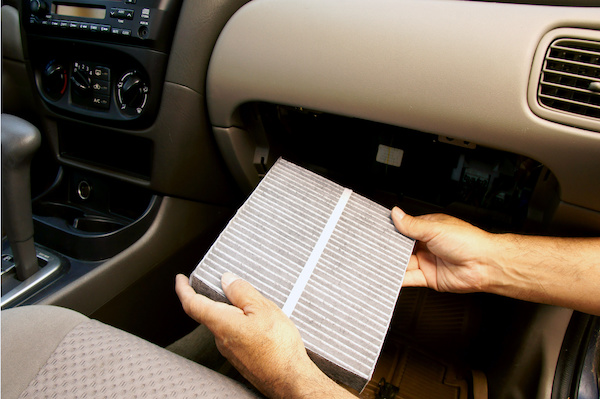
Filters have a purpose – they are responsible for keeping things clean and purified. Just as you’d expect, the cabin air filter inside your vehicle looks just like that. It collects the dirt, dust, pollen, and other contaminants that may be floating in that air. It helps keep the air inside your car clean and breathable. The cabin air filter is situated between the outside and inside of your car cabin. The outside air comes through your vehicle and gets sifted through the filter before entering the cabin. When it reaches the tiny holes of your filter, the dirt in the air gets trapped in the filter. As a result, you don’t have to suffer from the health consequences of breathing poor-quality air. Why You May Need Help Replacing Your Cabin Air Filter In some vehicles, the cabin air filter is inside your vehicle's glove compartment or sometimes under the hood. The location varies depending on your vehicle’s make/model. While replacing the filter ... read more
Posted on 12/30/2022
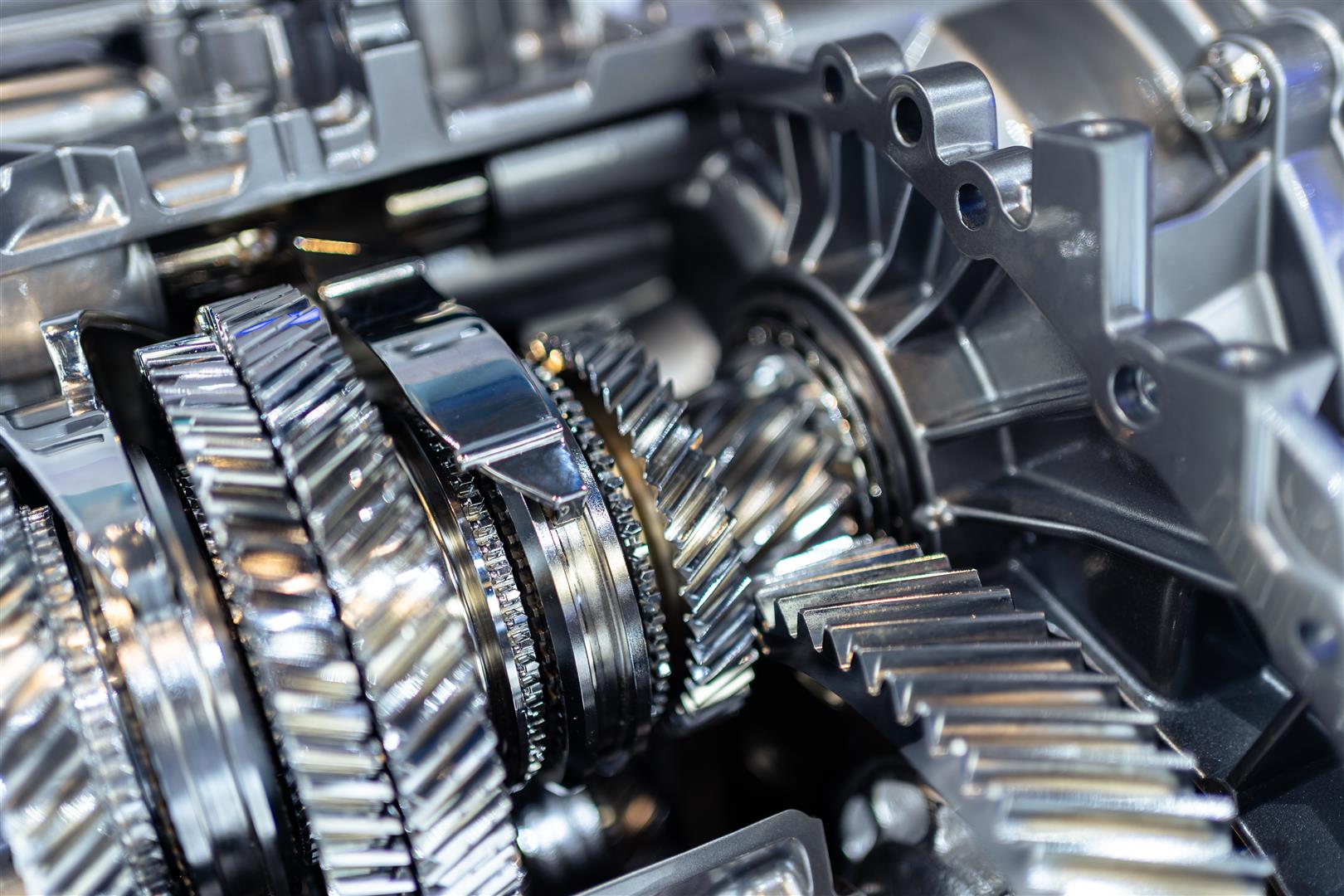
When your vehicle’s transmission is on its way out, you may have to consider one of two options: rebuilding it or replacing it. Why Might You Choose Rebuilding over Replacing? A transmission rebuild is a process of taking apart the transmission and only replacing or repairing those parts that are damaged. Most of the time, you have the choice of choosing between new or refurbished parts. Overall, a transmission rebuild is more cost-effective than a complete replacement. It is the preferable choice when certain parts of your transmission are salvageable. Whereas, a transmission replacement is way more expensive and could require a longer amount of time to get done. Either way, transmission repairs, rebuilds, and replacements are not easy jobs to get done. They require special tools, quality parts, and extensive knowledge and expertise. If your vehicle’s transmission is malfunctioning, you will need to get one of the repair options we mentioned above. The tra ... read more
Posted on 11/28/2022
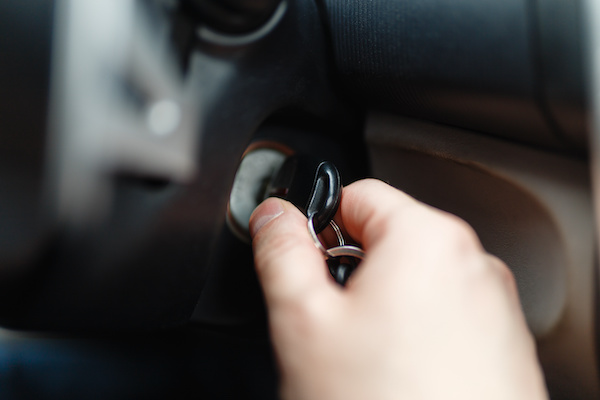
The starting and charging systems in your car, SUV, or truck are crucial to the overall performance of your vehicle. It consists of many wires, relays, circuits, and fuse boxes. More importantly, there is the starter, battery, and alternator. Therefore, it is a huge advantage for drivers to be able to tell when these systems go bad early to avoid a headache later. Here are the top 4 most common starting/charging system issues: #1 - Dead Battery A battery that is drained or can’t hold a proper charge is one of the most widespread problems across all automobiles. When your car simply won’t start, it can be frustrating. In some cases, you can get away with a jump start and by cleaning off the corrosion on the battery. But, it could also be the end of the battery’s life. #2 - Bad Alternator The alternator is what makes up the charging system. As you can probably guess, it is responsible for recharging the battery with juice. Additionally, it also supplies elect ... read more
Posted on 10/24/2022
.jpeg)
Your car needs regular care and servicing to remain in acceptable condition for use. Because it comprises many parts, it only makes sense to take care of individual parts and systems for better results. One of these systems is the brake system. It is one of the most vital to the vehicle's functioning, so you must pay special attention to it by replacing and maintaining it often. In most vehicles, the front brake pads will wear out faster than the rear ones because they handle more weight. This is unless your car is used for carrying heavy loads at the back regularly, in which case the brake pads will at the back wear off faster. How to Make the Brakes Last Longer. Reduce Weight and Unnecessary Braking. The best way to ensure your brakes last longer is by reducing the car's weight and minimizing unnecessary heavy braking. The less your brakes are used, the longer they are likely to last. Choose Your Roads Wisely. Brake pads will last longer ... read more
Posted on 9/27/2022
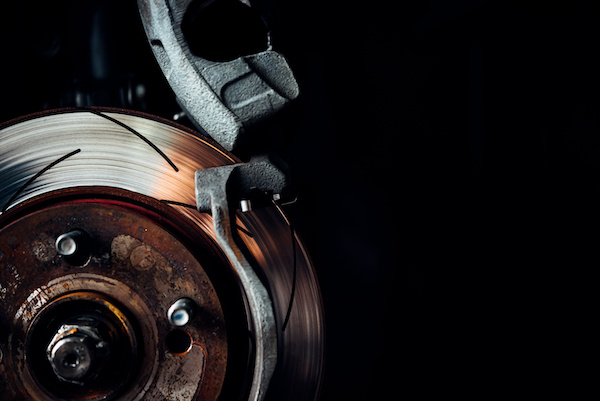
Simply put, brake pads and brake shoes are not the same things. Their differences are important for every driver to know. While they both support similar functions, their structures and locations are distinct. Typically, a vehicle can have one or the other or both. Brake Pads Brake pads are a part of a disc brake system. Therefore, the brake pads get pressed together against a rotor disc to create the friction necessary to stop your vehicle. And brake calipers are responsible for squeezing the brake pads. Most front-wheel automobiles have a disc brake system. Brake Shoes Brake shoes are a part of a drum brake system, the original design for vehicle braking systems. The shoes are shaped like crescents, and they rely on the hydraulic pressure of brake fluid to generate friction to stop the car. The shoes themselves are housed inside of a drum. All-wheel drive and rear-wheel drive cars, SUVs, and trucks have the drum-cylinder system with brake shoes. Whereas ... read more